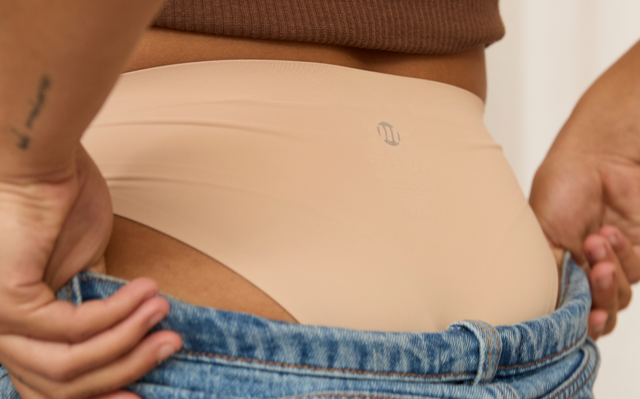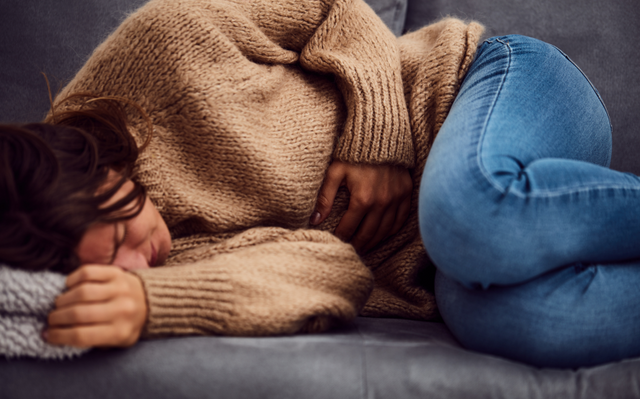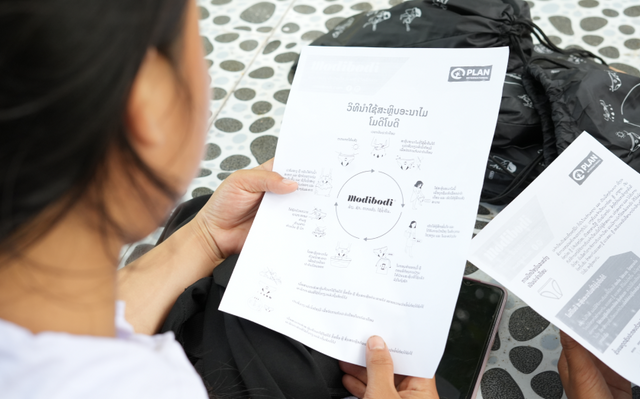Let’s face it, everyday life is challenging enough without adding sore boobs, breakouts and mood swings into the mix. So, what’s the secret to dealing with PMS? We asked Olympian-turned-doctor Dr Jana Pittman for her expert advice.
Why do some people get severe PMS symptoms?
We often throw terms around when a woman is cranky: ‘oh, she has PMS’ or ‘she must be on her period’. We joke about it, but for some women it is much worse than that. Personally, I get teary, crave chocolate and get migraines, then my period arrives, and I feel back to my usual self. Around 30% of women report PMS symptoms, but sadly, of those who do, a further 3-8% have such severe problems that they get the diagnosis of premenstrual dysphoric disorder (PMDD). This is when her symptoms cause severe psychological distress and results in socioeconomic dysfunction i.e. unable to go to work or affecting relationships. While symptoms can be like other mental health conditions such as depression, the difference lies in that when menstruation starts, the symptoms stop.
The exact cause of PMS is unknown. Some research suggests fluctuating serotonin (a neurotransmitter involved in mood) and cyclic changes in hormone levels play a role. There is also a known link with underlying depression and anxiety, but not in all cases.
At what stage should people speak to a doctor about PMS or painful menstrual cramps?
If your symptoms are preventing you from continuing your daily activities effectively or harming your relationships, then it is time to get some help. It’s worth trying various non-medical options to help reduce symptoms like eating well (increasing your calcium, magnesium and B6), exercise, reducing stress, getting good sleep and relaxation/mindfulness techniques. If these are not helping enough, then a doctor can explore other options like antidepressants, anti-inflammatories, and contraceptive options.
It is also important to see your doctor if your pain is debilitating, you have pain during intercourse, experience abnormal bleeding or changes in your discharge. Some conditions like endometriosis, fibroids and STI’s can also cause the cramping, bleeding, and pain. These need to be excluded or treated. Your doctor will order vagina swabs, blood tests and imaging studies to help find the cause.
What are ways to help alleviate menstrual cramps?
The old heat packs, warm bath or back massage can help. Using some over the counter pain relief like ibuprofen can also reduce the pain. Try to modify your diet to have smaller more frequent meals, less sodium, and more calcium. Avoid caffeine and alcohol. After this, your doctor can prescribe other options.
Are there certain foods that can trigger menstrual cramps?
Some research suggests spicy and salty foods, high fat foods and coffee can worsen symptoms. I find it better to include helpful foods rather than avoiding certain foods. For example, add in a banana which is high in B6, Vitamin C, fibre, magnesium and potassium. The perfect combination.
Can exercise help with symptoms? What's best?
The endorphins from exercise have so many health benefits, including PMS. These happy hormones help with mood, energy levels and are natural pain killers. Try to incorporate regular daily exercise, preferably with moderate intensity like running or swimming, combined with resistance training is best. Aim for at least 30 minutes a day.
What are some unusual symptoms that people report?
Most people who report PMS say they experience moodiness, irritability, feeling teary, sore breasts or back pain, increased or decreased appetite and changes to their sex drive. Some other talked about symptoms are fluid retention, skin problems (like acne), poor coordination and nervous jitters. I think the important thing here is that every woman is different and may experience different issues.
Best tips and advice
As with everything in women’s health, my best advice is to talk about it. Don’t suffer in silence, talk to those around you and find strategies that work for them and you to get through those tougher days. Share your own pain or solutions. Women supporting women is key.








